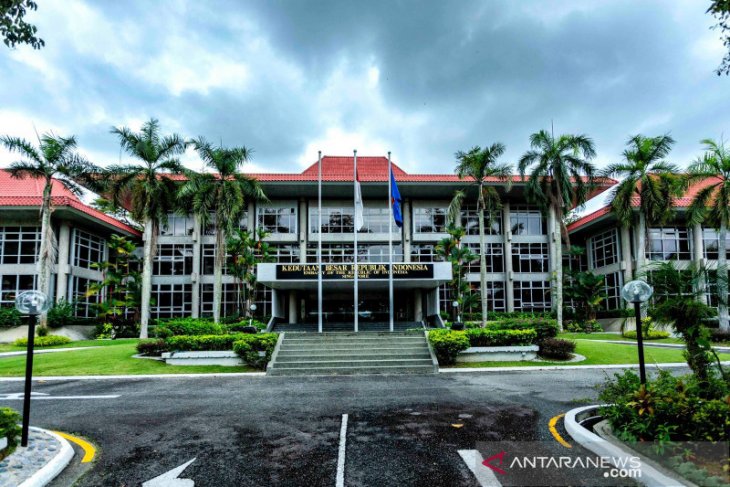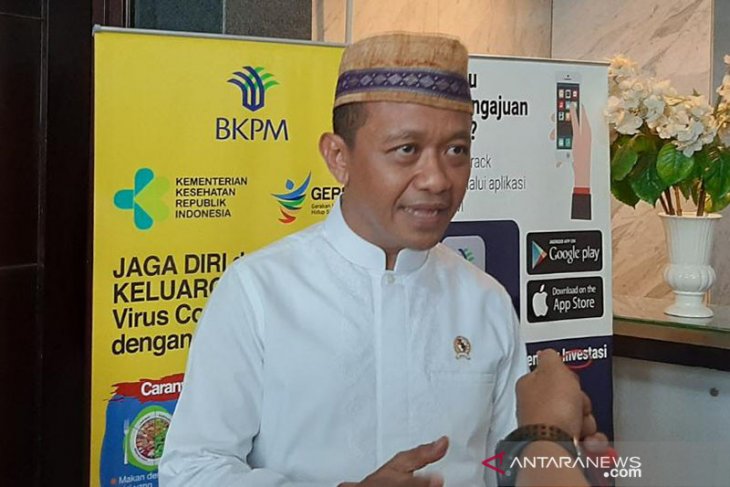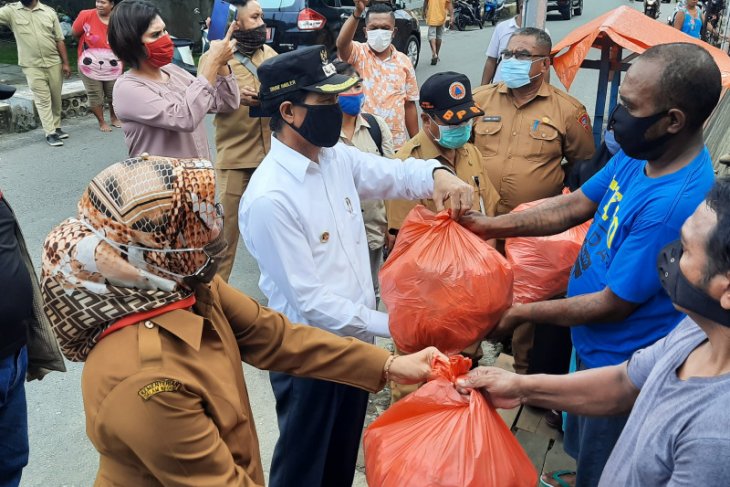Live Streaming
Program Highlight
Company Profile

Ani Hasanah
April

Muslims across the Middle East are bracing for a bleak month of Ramadan fasting as the threat of the COVID-19 pandemic lingers.
Ramadan is a period for both self-reflection and socializing. Believers fast from dawn to dusk and then gather around a family or community meal each evening of Islam's holiest month, which begins later this week and ends with Eid al-Fitr festivities.
But this year, the fast-spreading novel coronavirus threatens to dampen Ramadan like never before, with millions locked down across the Middle East -- from Saudi Arabia and Lebanon to the battle zones of Libya, Iraq, and Yemen.
More dispiriting for many devout Muslims is the banning of congregational worship, including taraweeh nighttime prayers, in mosques across the region, with many closed in a bid to slow the spread of the virus.
Several countries' religious authorities, including Saudi Arabia's Grand Mufti Abdulaziz al-Sheikh, have ruled that prayers during Ramadan and Eid be performed at home.
"Our hearts are crying," said Ali Mulla, the muezzin who gives the call to prayer at Mecca's Grand Mosque.
"We are used to seeing the holy mosque crowded with people during the day, night, all the time... I feel pain deep inside."
In recent weeks, a stunning emptiness has enveloped the sacred Kaaba -- a large black cube structure draped in gold-embroidered cloth in the Grand Mosque towards which Muslims around the world pray.
The white-tiled area around the Kaaba is usually packed with tens of thousands of pilgrims.
Ramadan is considered an auspicious period to perform the year-round Umrah pilgrimage, which Saudi authorities suspended last month.
It is likely the larger hajj pilgrimage, set for the end of July, will also be canceled for the first time in modern history after Saudi Arabia urged Muslims to temporarily defer preparations. (AFP)
April
Head of the Investment Coordinating Board (BKPM) Bahlil Lahadalia. (ANTARA)
The Investment Coordinating Board (BKPM) recorded an eight-percent rise in investment realization during the 2020-first quarter (Q1), reaching Rp210.7 trillion, from Rp195.1 trillion during the corresponding period of 2019, despite pressure amid the COVID-19 outbreak.
"Total investment in the first quarter of 2020 touched Rp210.7 trillion, spread across 25,192 investment projects," BKPM Head Bahlil Lahadalia stated during a virtual press conference in Jakarta on Monday.
The investment value is 23.8 percent of the targeted Rp886.1 trillion for the year.
Investment has shown a slight hike of 1.2 percent, from Rp208.3 trillion during the fourth quarter of 2019 (q-to-q).
In comparison with the data for the period from January to March 2019, foreign investment had plunged 9.2 percent, from Rp107.9 trillion to Rp98.3 trillion, while domestic investment had soared 29.3 percent, from Rp87.2 trillion to Rp112.7 trillion.
"Why does this decline occur? The impact of COVID-19 can be felt only in mid-March. Since then, foreign investment has shown a decline, but simultaneously domestic investment has increased. This is a positive sign that domestic business confidence has risen, both in terms of governance and services," he stated.
Based on the project location, the highest realization of both foreign and domestic investment during the first quarter of 2020 had been recorded in East Java, West Java, Jakarta, Central Java, and Riau.
Investment during the period was dominated by the transportation, warehousing, and telecommunication industries; basic metal industry, metal goods, non-machinery; electricity, gas and water; housing, industrial area, and offices; and food crops, plantation, and animal husbandry.
It has absorbed 303,085 workers during the period, in comparison with 235,401 workers for the investment during the same period of last year.
"Despite fears looming over the COVID-19 pandemic, we should not be overly pessimistic. Endeavor is crucial since the COVID-19 pandemic has impacted all segments of public life. The economy is the key. We pray for this coronavirus outbreak to soon be overcome," Lahadalia affirmed. (ANTARA)
April

The Indonesian Embassy in Singapore. (ANTARA/HO/Dok KBRI Singapura)
Twenty of the 47 Indonesians who tested positive for the coronavirus disease (COVID-19) in Singapore have recovered completely and have been discharged from the hospital, according to the Indonesian Embassy in Singapore.
"Two of the 27 remaining Indonesian patients passed away, and 25 others are still hospitalized," the embassy revealed in a press statement received by Antara News Agency in Batam, Riau Islands, on Monday.
All Indonesian citizens staying in Singapore have been ordered to remain cautious and follow the Singaporean Government's COVID-19 protocols and circuit-breaker measures, imposed since April 7 to break the chain of the coronavirus outbreak in the city-state.
As part of the circuit-breaker measures, the Singaporean authorities have ceased all social and public activities and closed workplaces, except those providing essential services, including supermarkets, take-away restaurants, and global supply chain services. (ANTARA)
April



